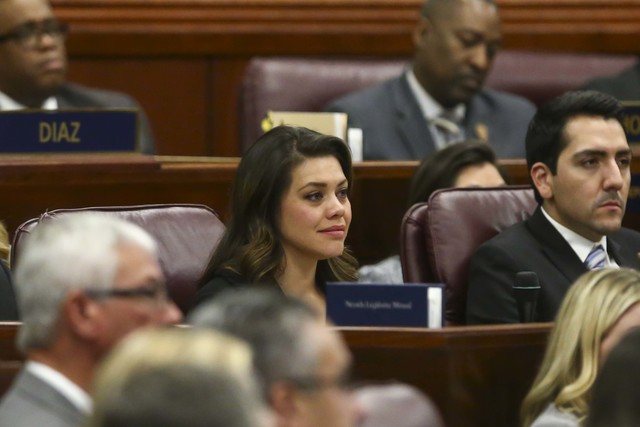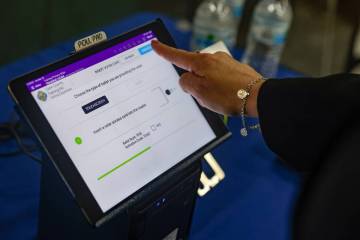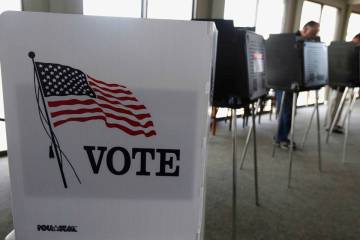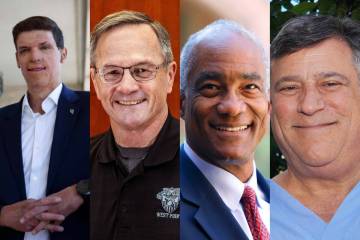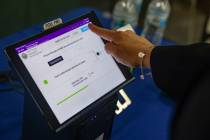Nevada bill to aid crime victims who are undocumented gets bipartisan support
CARSON CITY — Nevada and Alabama share at least one distinction: Both states have a crime victims fund that disqualifies undocumented residents.
Assembly Bill 122, sponsored by Assembly Majority Leader Teresa Benitez-Thompson, D-Reno, would end Nevada’s unadvertised similarity to Alabama. The bill would allow undocumented residents to be eligible for payments from the state program that reimburses victims for expenses related to the crime, including medical costs. Currently, Nevada crime victims who are undocumented aren’t eligible.
The bill was heard Monday in a joint meeting of the Assembly Committee on Corrections, Parole and Probation and the Assembly Committee on Judiciary. Under existing law, only citizens or legal residents can qualify; the bill would change that to anyone who has lived in Nevada for at least six weeks when the crime happens, regardless of immigration status.
The bill drew widespread praise from committee members and advocacy groups for crime victims and immigrants.
“I think you would agree this is basically a human rights issue,” said Assemblyman Keith Pickard, R-Henderson. “Where someone comes from should not be a factor in whether or not they receive assistance.”
The bill would help victims and encourage more cooperation with law enforcement and prosecutors, which is another requirement to qualify.
“Crime is not exclusive to citizenship,” said Kimberly Mull, a policy specialist with the Nevada Coalition to End Domestic and Sexual Violence.
The program can reimburse crime victims or their family members for expenses related to the crimes, such as medical costs, funeral costs, crime scene cleanups, lost income and emergency relocation.
In fiscal year 2016, Nevada denied 54 applications from victims because they were not legal residents. That same year, the state paid more than $5 million for hospital bills of 375 victims.
The State Board of Examiners reviews applications for the program, which has about $20 million in reserves.
The program is paid for through federal funding, court fines, penalties and forfeitures, not state tax dollars.
Contact Ben Botkin at bbotkin@reviewjournal.com or (775)461-0661. Follow @BenBotkin1 on Twitter.



